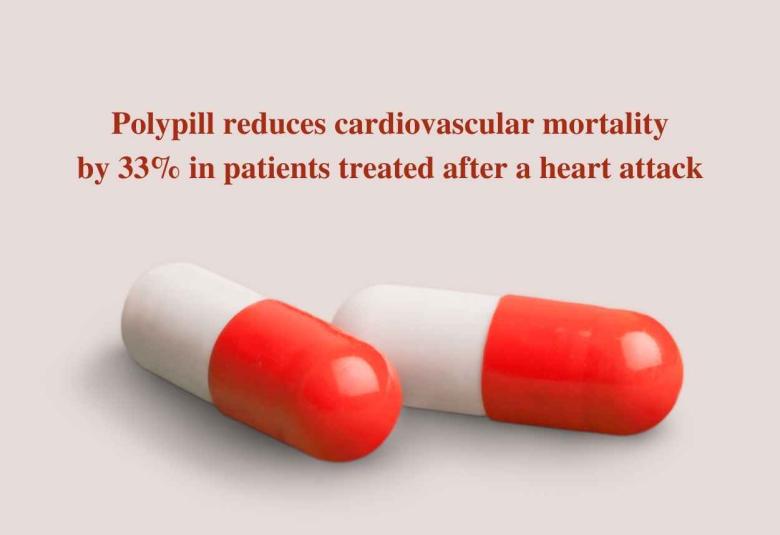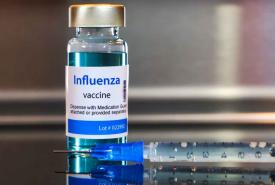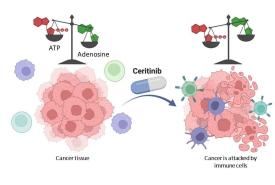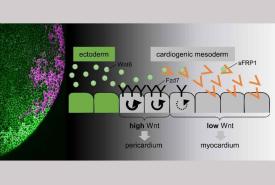Polypill reduces cardiovascular mortality by 33% in patients treated after a heart attack
A three-drug medication known as a polypill, developed by the Spanish National Center for Cardiovascular Research (CNIC) and Ferrer, is effective in preventing secondary adverse cardiovascular events in people who have previously had a heart attack, reducing cardiovascular mortality by 33 percent in this patient population. These are findings from the SECURE trial led by Valentin Fuster, MD, PhD, Director of Mount Sinai Heart and Physician-in-Chief of The Mount Sinai Hospital, and General Director of CNIC.


















